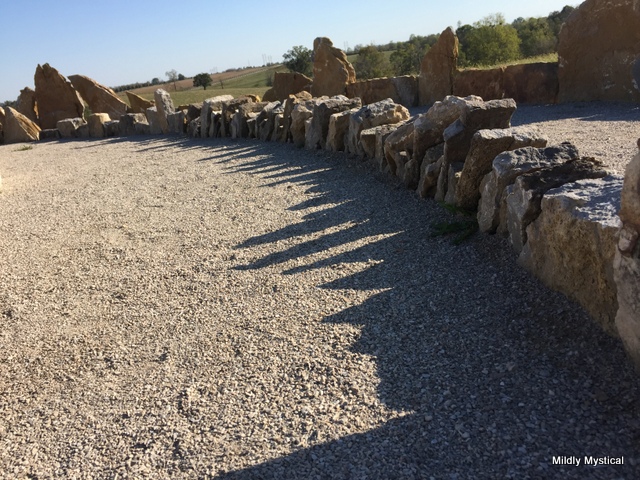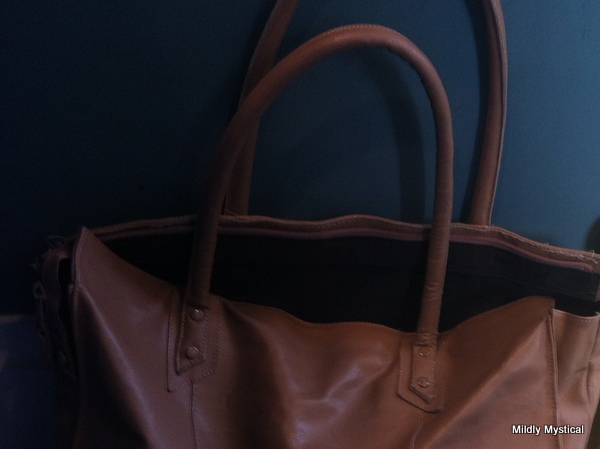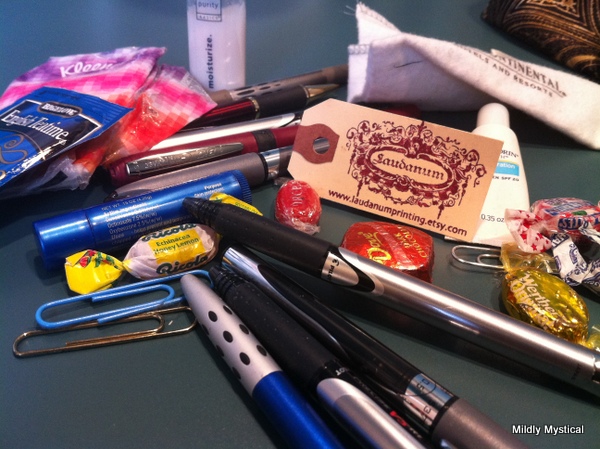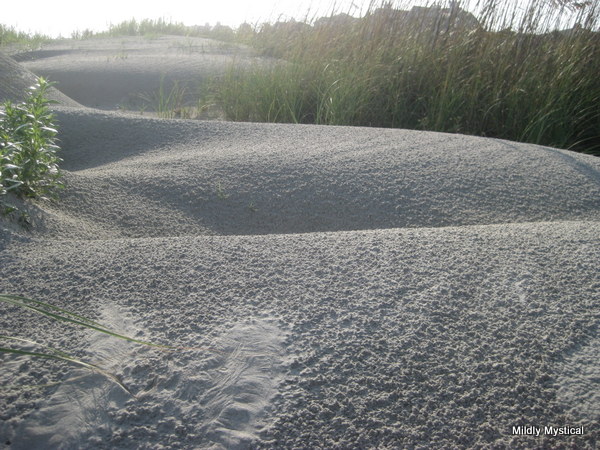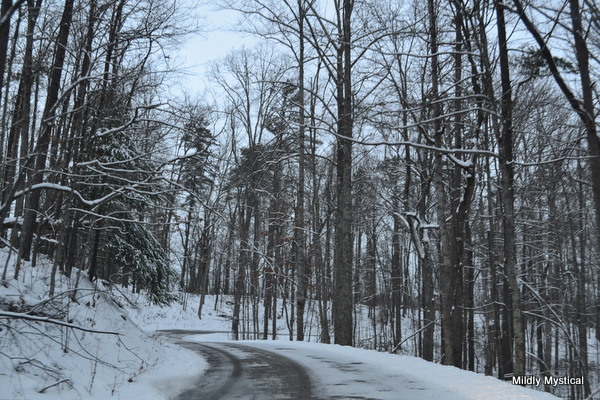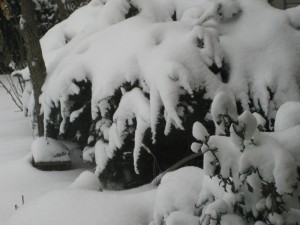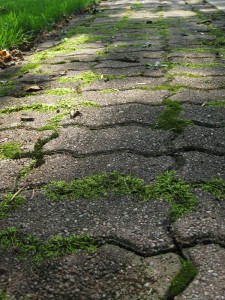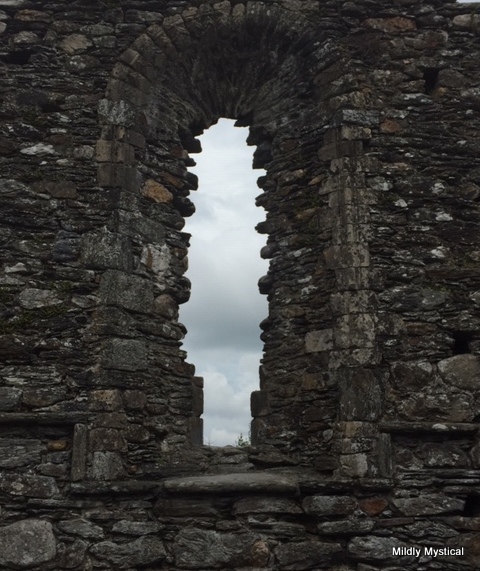
In Leonard Cohen’s dark lament for “The Future,” he returns again and again to the refrain:
When they said,
‘Repent! Repent!’
I wonder what they meant.
Cohen cared enough about language, history, religion, and culture, to understand the importance of that question. It’s a profound question, and the heart of Christianity turns on the answer.
The English word “repent” is a judgmental word. It’s a power word—an order. It wants to force us to our knees with all we’ve done wrong. It tries to bully us into submission to an outside authority—some person or institution claiming to speak for God. The word “gospel” means “good news,” but where is the good news in the demand to repent? “Repent” has sent people streaming away from that version of Christianity, often with good reason.
“Repent” is also a poor translation of the Greek word attributed to Jesus. The Greek word, rendered into a version we can read in English, is metanoia. It’s a combination of meta, meaning beyond or greater (as in metaphysics, which considers reality beyond or above physical/material existence) and a form of nous, meaning the mind. A better translation would be something like, “go into your higher mind.”
Jesus spoke Aramaic. The gospels were written in Greek. Latin was long the language of the church, which resulted in yet another translation removed from the original. All of which mean that English bibles are at best twice-removed from Jesus’ urgent message, and sometimes even more.
When Jesus returned from his forty days in the wilderness the first thing he wanted to tell people was to go into their greater mind and believe the good news. He was inviting people into a new approach to life. It doesn’t make sense that huge crowds of people would show up, curious about a message that berated them for their past shortcomings. Rather, it was his lived experience of metanoia and the possibilities it opened up that drew them to hear his teaching.
The perennial mistranslation of metanoia, persistent as dandelions in spring, was seeded into the Christian faith with the early Latin translations of the Bible. Those early church fathers rendered metanoia into the Latin paenitentia, having to do with penance. Jerome retained paenitentia in his definitive translation, leading to the English translation of “repent.”
In our time, a kinder and gentler approach to “repent” has been to see it as meaning “to turn.” The sense of “turning” comes from some of the passages of the Old Testament, or Hebrew Scriptures, where the original Hebrew was translated into the Greek metanoia. But the meaning of metanoia in those passages means a change of mind, and not turning away from sin, unless the latter meaning is carried by the context.
So even the less punitive understanding of “repent” as meaning “turn” misses the point. Metanoia is not about what you’ve done in the past. It’s about opening your mind and living from a higher perspective.
Whenever I see the word “repent” in connection with what we’re supposed to be doing to grow in spirit, I translate it this way: Go into your higher mind. Become more connected to your Higher Self. Live from the spark of the Divine within, the wisdom that is always with you. Believe the good news—that this life is so much more than the striving ego would have us believe.
Walking that path is what the spiritual journey is all about. Living into that perspective is what faith communities help us with. Finding practices that support the journey is what we need.
I’m grateful to Fr. Hendree Harrison, rector of The Episcopal Church of the Good Shepherd, for introducing me to the work of Ron Rolheiser. Rolheiser addresses the mistranslation of metanoia in this video, the first part of which you can see here.
And he contrasts metanoia with paranoia here.
This article explores the translation issues.
And this gives an overview of the history of metanoia and its translations.

